DRIDANUBE – DROUGHT RISK IN THE DANUBE REGION
Water scarcity and droughts hit the Danube region frequently and have had large impacts on the economy and welfare of the people. Despite damages in last decades, drought is still not considered as an issue of high priority and people are not aware of its impacts.
The main objective of DriDanube project is to increase the capacity of the Danube region to manage drought related risks. The project aims at helping all stakeholders involved in drought management become more efficient during drought emergency response and prepare better for the next drought.
From reactive to proactive drought management
Currently the drought management is reactive, dealing mainly with losses and damages, cooperation between key actors is missing and formal legislation mostly does not exist. Proactive approach on the other hand counts on drought prevention, mitigation, vulnerability reduction, planning and preparedness. Focus hence shifts from recovery to protection, i.e. from crisis management to risk management.
Expected outcomes
One of the main products of the project will be Drought User Service, which will enable more accurate and efficient drought monitoring and timely early warning. The service will integrate all the available data, including large volume of the most recent remote sensing products.
DriDanube will harmonize the currently heterogeneous methodologies for risk and impact assessments, based on the existing achievements in participating countries and on EU guidelines in the frame of the Civil Protection Mechanism.
The current slow reactions during drought will be sped up with the improved decision-making process in all parts of the drought management cycle (monitoring–impact assessment–response–recovery–preparedness) which will strengthen capacities of the stakeholders (policy, professional, end users) at different levels. This will lead to an increased culture of preparedness throughout the Danube region.
DriDanube’s main expected result is improved drought emergency response and better cooperation among operational services and decision making authorities in a Danube region on national and regional level.
For more information, see project website and calendar of events

